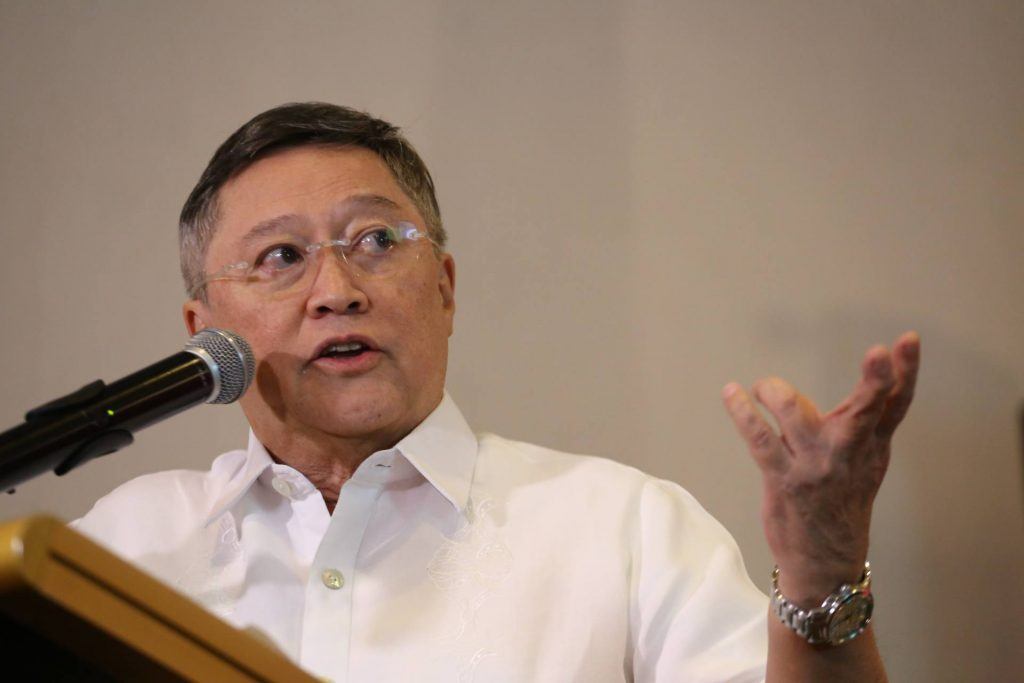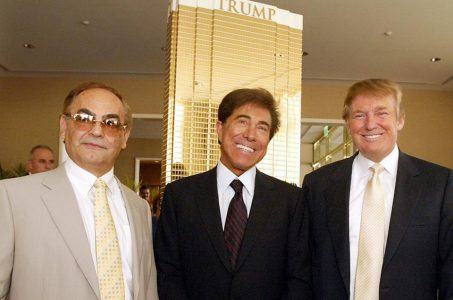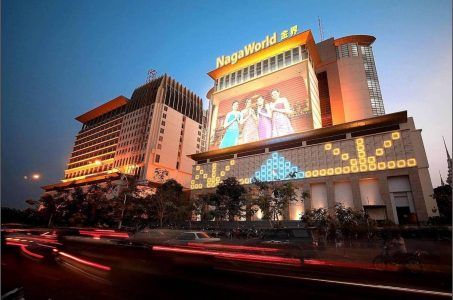Philippines to Begin Privatizing PAGCOR Properties in 2018
Posted on: September 11, 2017, 06:00h.
Last updated on: September 12, 2017, 09:50h.
The Philippine government will begin the sale of Philippine Amusement and Gaming Corporation’s (PAGCOR) 17 casinos to private operators early next year, but privatization could take several years, the country’s finance minister said this week.

As the country’s casino sector booms, driven by an influx of Chinese tourism to the Philippines’s new, foreign-owned integrated resorts, PAGCOR’s status as an operator-regulator has become increasingly untenable, exposing it to accusations of conflict of interest from the new casino resort giants it’s tasked with regulating.
PAGCOR owns 46 casino properties nationwide and operates 17, including the “Casino Filipino” chain. It’s one of the government’s most lucrative state-owned companies, with gross gaming revenues of $275 million last year, half of which it turns over to the Treasury.
Can’t Beat ’Em, Sell ’Em
But with the four foreign casino resorts in Entertainment City now accounting for way more than half of the country’s entire casino revenue (and they aren’t even complete), there’s a sense that the government can no longer compete and that a sell-off is the best option. President Rodrigo Duterte gave the nod for privatization last year.
“How does a government-run casino compete with the privately run casinos?” Finance Secretary Carlos Dominguez III asked this week. “I think there is no way they can compete.
“If we don’t privatize, they might actually lose their customers,” he added. “We might as well do it now. And the revenue stream… that’s why we have to analyze how much revenues come from their winnings as against how much of the revenues come from the fees that are being paid.”
Dominguez believes the casinos being directly operated by PAGCOR will be the first to be privatized, but the procedure will take time. His department is currently engaged in the process of valuing each casino, which will be finished by the end of the year. Only then can a plan for privatization be developed.
“It’s not going to happen overnight and the deals are quite complex so we have to piece it out and see what is the best deal for the government,” he said.
Dictator’s Pet Project
PAGCOR was created by Philippine dictator and kleptocrat Ferdinand Marcos in 1976 as part of a government intervention into the proliferation of illegal casinos and gambling clubs in the country.
In 2008, the Arroyo government opted to break-up PAGCOR’s semi-monopoly and open the Philippine casino market to international operators in an effort to compete with the burgeoning gambling hubs of Macau and Singapore.
The move gave rise to new special commercial zones, such as Newport City, close to the international airport, and the sprawling Entertainment City, and ushered a new era of spectacular and prosperous integrated resorts.
Related News Articles
Wynn Land Deal Shows Deep Connections Between Wynn, Trump, and Ruffin
Manila Casino Development Westside City Announces $1 Billion Expansion
Most Popular
Mirage Las Vegas Demolition to Start Next Week, Atrium a Goner
Where All the Mirage Relics Will Go
Most Commented
-
Bally’s Facing Five Months of Daily Demolition for Chicago Casino
— June 18, 2024 — 12 Comments
















No comments yet